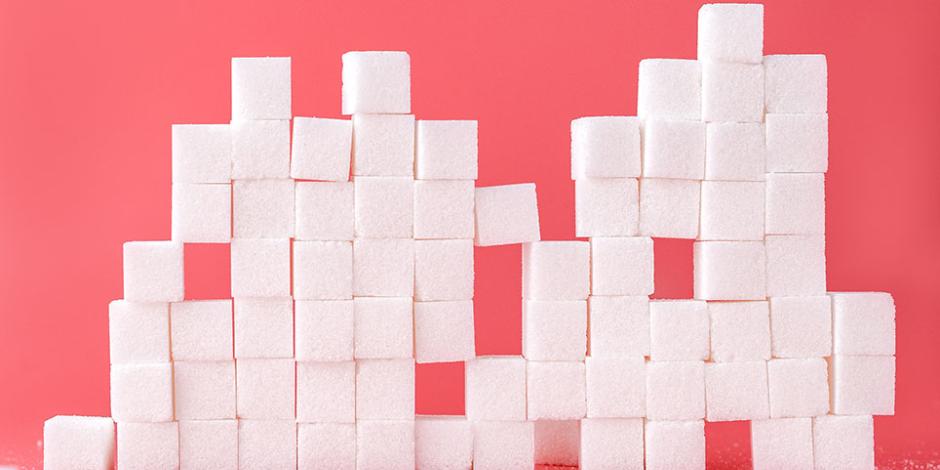Starten Sie den Audio-Text
Mit dem Audio-Player können Sie sich den Text anhören. Darunter finden Sie das Transkript.
The listening exercises in Business Spotlight Plus (p. 5) are based on the article “The case for a tax on sugar” (Names & News, p. 9). Here, we provide you with the audio file and transcript.
Click here to open the transcript
The casehier: Argumentecase for a tax on sugar
For a long time, dietary fatNahrungsfett(e)dietary fat was blamed for obesityAdipositas, Fettleibigkeitobesity and diabetes. Today, the finger has been resoundinglyvernichtendresoundingly pointed at sugar. Eating too much sugar is very easy to do. The World Health Organization (WHO) says a typical can of sugary soft drink has 40 grams of free sugars — equal to about ten teaspoons of table sugar.
Globally, obesity has nearly to triplesich verdreifachentripled since 1975. As this contributes to the fast-rising cost of health care, shouldn’t governments to discourage sth.hier: etw. zu verhindern suchendiscourage sugar consumption by taxing it?
Since 2018, England has had the Soft Drinks Industry levyAbgabeLevy, a tax on sugary drinks. Researchers from Cambridge University have found an eight per cent reduction in obesity in year-six (UK)in der sechsten Schulklasseyear-six girls (more than 5,000 cases) a year — although reductions were not seen in all the social and age groups in the study.
As low-incomemit niedrigem Einkommenlow-income families tend to have more sugary diets, they to stand to do sth.wohl etw. tun werdenstand to benefit most. Two years after Mexico’s “sugar tax” was introduced, in 2014, households with the fewest resourcesMittel, Finanzenresources had cut consumption of sugary drinks by 11.7 per cent, compared to 7.6 per cent among the general population.


